Topics:
Never Miss a Beat - Get Updates Direct to Your Inbox
FILTER:
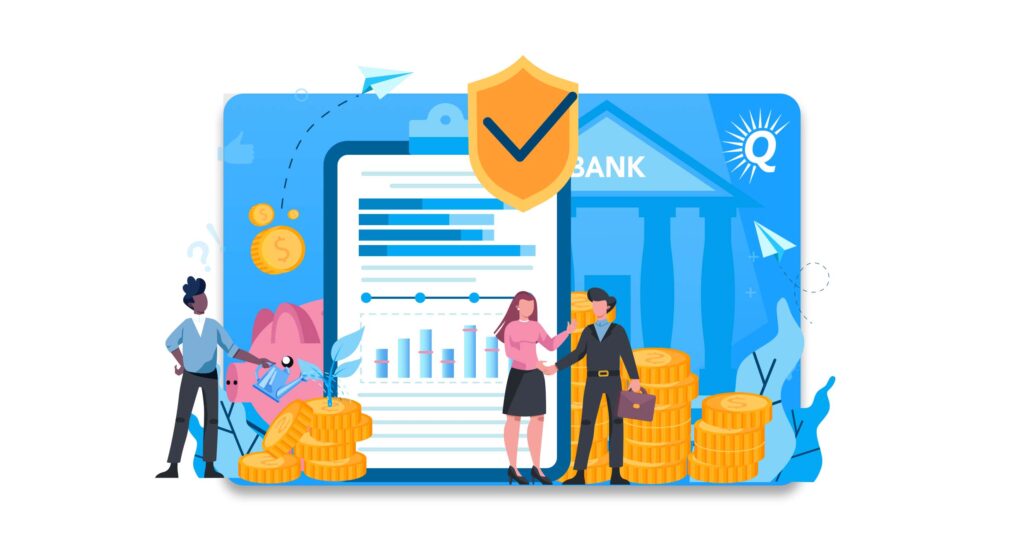

How to Buy a Blog: Your Complete Guide to Acquisition Success
By Quiet Light
Buying a blog can be an excellent way to create an additional income stream while experiencing freedom and flexibility in your work life. In order to succeed in purchasing the right business, however, it’s essential to implement an effective acquisition strategy before you make an offer.
In this article, we discuss:
- The nine key stages of buying a blog
- What you need to know about financing your blog acquisition
- Why blog websites can be an attractive business model
- The advantages of buying a blog vs starting one from scratch
Related Articles:
Grow Your Blog Quickly By Following This Proven Framework
How to Plan the Transition Stage of Buying or Selling a Website


The 9 Key Stages to Buy a Blog
Successfully acquiring a blog involves navigating several different stages, from planning and preparation to learning how to run your new business. Knowing what to expect going into the process helps you be better prepared to navigate it successfully.
In general, there are nine key stages you will likely need to go through in order to purchase a blog. These include:
- Establishing your budget
- Creating a plan
- Doing research
- Making an offer and signing the letter of intent
- Negotiating with the seller (if applicable)
- Completing due diligence
- Signing the asset purchase agreement
- Closing the deal
- Transitioning and training
“Getting clear on your budget ahead of time will help you focus your research efforts on discovering potential blogs that are financially feasible for you to purchase.”
Establish your budget
First, it is necessary to establish your budget. How much money do you have available to buy a blog, and how much are you willing to spend? How do you plan to finance the acquisition? What steps do you need to take in order to secure outside financing, if you plan to use it?
Getting clear on your budget ahead of time will help you focus your research efforts on discovering potential blogs that are financially feasible for you to purchase. Budgeting and creating a plan for how you will finance the acquisition is a crucial first step to take.
If you don’t have capital available to spend on buying a blog, there are other financing options available. In the next section, we take a closer look at different methods you can use to finance the purchase of a blog.
Create a plan
Once you have established your budget, take some time to create a plan detailing what you are looking for and how you will grow the business after you buy the blog.
What blogging subjects interest you? How much time do you have to dedicate to managing a blog? Will you hire outside help to create blog content, or will you be doing it all on your own? How much income do you need to get from the blog in order for it to be financially feasible? What are your skill sets, and which skill sets will you need to learn or hire someone to fulfill? What growth opportunities can you pursue after the acquisition?
These are all important questions to ask yourself before you buy a blog. By focusing on what you are looking for and how you plan to operate your new business, you will have more clarity on the type of blog that would be best for you. Educating yourself and creating a plan beforehand will help to ensure your long-term success.
Conduct research
After you have established your budget and created a plan, it is time to conduct research to identify possible blogs you may be interested in purchasing. There are a number of websites that list online businesses for sale, including blogs. These websites are a great resource for finding blogs for sale that may be a good fit for you.
By combing through listings, you can find one that meets all of your needs, including subject material, price, and other operational parameters. When you identify a blog that could be a fit, reach out to the owner to ask questions and learn more about it.
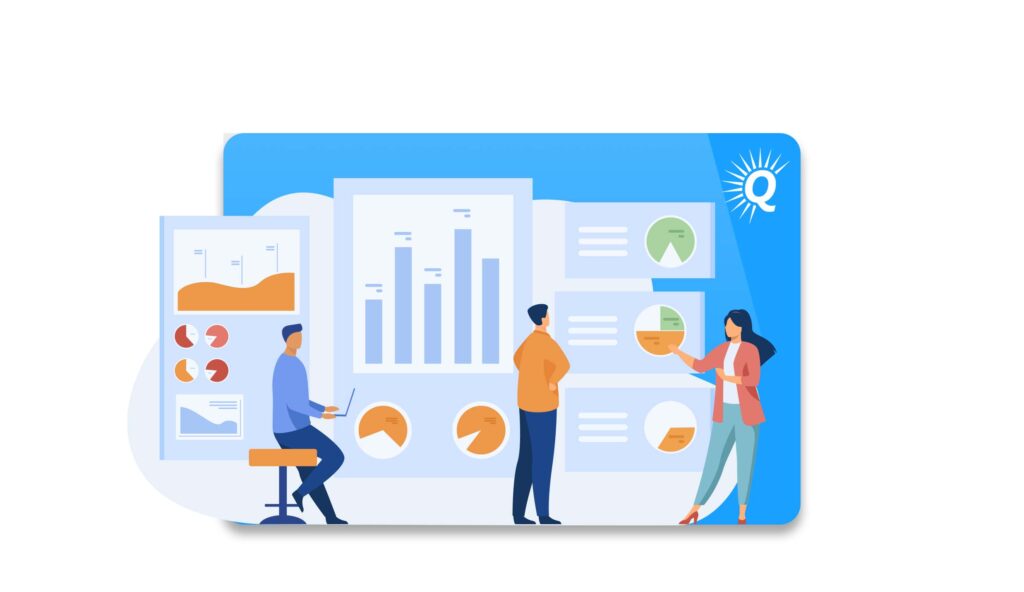

Make an offer
Once you are satisfied with the discussion, you can make an offer to the seller. If they accept, you both draft and sign the letter of intent, or LOI.
The letter of intent is a document that spells out the terms and conditions of your agreement with the seller. It signals your strong intent to purchase the business as long as certain conditions are met. The letter of intent is not a legally binding document, however. It acts as a framework for a more encompassing and final agreement later in the process.
Negotiate with the seller
As you learn more about a particular blog, you may find it meets your needs but there are several aspects of the offer that are not to your liking. During this time, you can negotiate with the seller to arrive at mutually beneficial terms.
You can discuss pricing, financing terms, deal structure, and other matters. When negotiating, communicate clearly, be direct, and act in good faith. Be sure to listen to the seller to identify their needs and propose solutions that work for both parties.
If you and the seller reach an agreement regarding the important matters, you can move forward in the purchasing process.
Complete due diligence
After the letter of intent is signed, you move into the due-diligence process. This is one of the most important steps in purchasing a blog business.
The due-diligence process is your opportunity to independently verify all of the seller’s claims regarding their blog. During due diligence, you have access to their accounting records, business documentation, and other relevant information.
For example, you may want to examine the performance metrics of each blog post to see how many visitors they attract, the traffic trends over time, and so forth. Or you may want to examine the nature of their third-party vendor relationships. This may include any blog-writing service they use, software partnerships, or contractor relationships.
If you identify issues or discrepancies, be sure to address the matter with the seller. Some discoveries may not ultimately be significant enough to alter the terms of the deal; others may require renegotiating essential aspects such as sale price or deal terms.
Due diligence requires combing through a significant amount of information. It can be a taxing process. It is helpful to be focused and efficient in your approach while still allowing yourself enough time to gain an informed perspective on the entirety of the business.
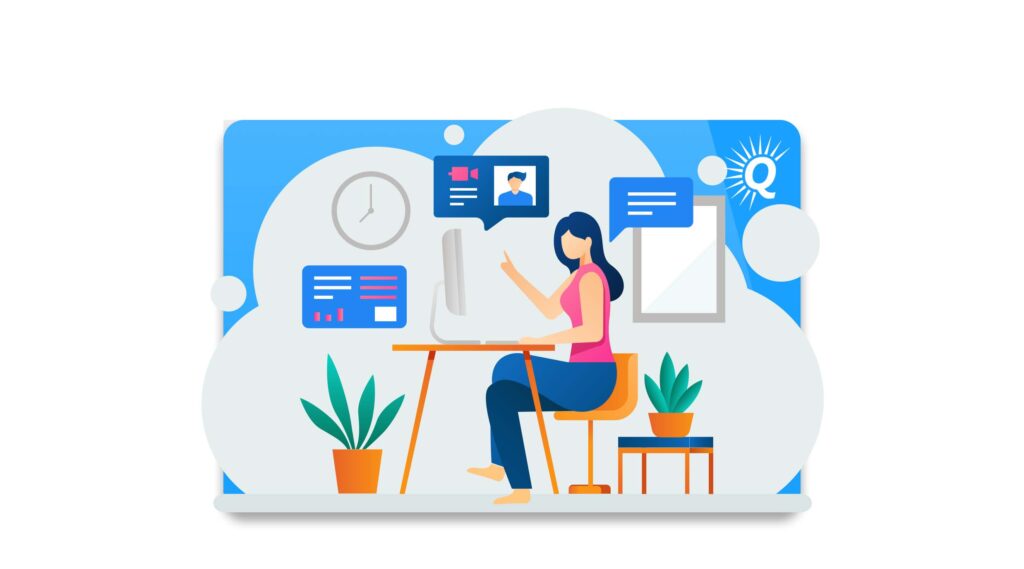

The due-diligence process is your opportunity to fully determine if the blog represents a worthwhile investment. If you miss something important, it will come back to surprise you once you take over ownership.
For this reason, many individuals choose to hire a professional due-diligence team to assist with the process. This team is highly trained and experienced in navigating the due-diligence process. They know what to look for and what questions to ask the seller, helping you make the right decision.
“The due-diligence process is your opportunity to fully determine if the blog represents a worthwhile investment.”
Sign the asset purchase agreement
After due diligence is completed, it is time for you and the seller to draft and sign the asset purchase agreement, or APA. The APA is a legally binding document spelling out the full terms and conditions of the sale in detail.
If any disputes were to arise between you and the seller in the future, the APA would be referenced to adjudicate the issue. As such, it is very important that the document is drafted in an appropriate manner. Many entrepreneurs choose to have professional legal counsel take part in the drafting process. At a minimum, they should review it before signing to ensure its integrity.
Outsmart the startup game and check out our listings. You can request a summary on any business without any further obligation.Buy a Profitable Online Business
Close the deal
The next step in the process involves transferring all agreed-upon funds to the seller and receiving all blog assets as spelled out in the APA. This step is carried out with the assistance of an escrow agent or entity.
The process is fairly straightforward in principle. You transfer the funds to an escrow account and the seller transfers all assets, such as domain name, third-party accounts, and any physical assets like inventory, to your ownership. Once you confirm you have received all assets included in the sale, the funds are released from the account to the seller.
Transition and training
The last phase involved in buying a blog involves transitioning the blog operations to your ownership and learning how to run the business. This phase involves a period of time where the seller trains you in all aspects of managing the company.
The exact duration and terms of the training period depend on what you and the seller agreed to. There is often a phase of more-focused and hands-on training lasting several weeks or months. After that, there may be a period where the seller is less involved but still available by email or phone to answer any questions.
It is very important to make the most of this training period. Take the time to learn how to manage all aspects of the blog, from content planning and creation to backend operations. Once the training period is complete, you likely won’t be able to utilize the seller as a resource. Ask any questions you may have in order to get fully caught up to speed.
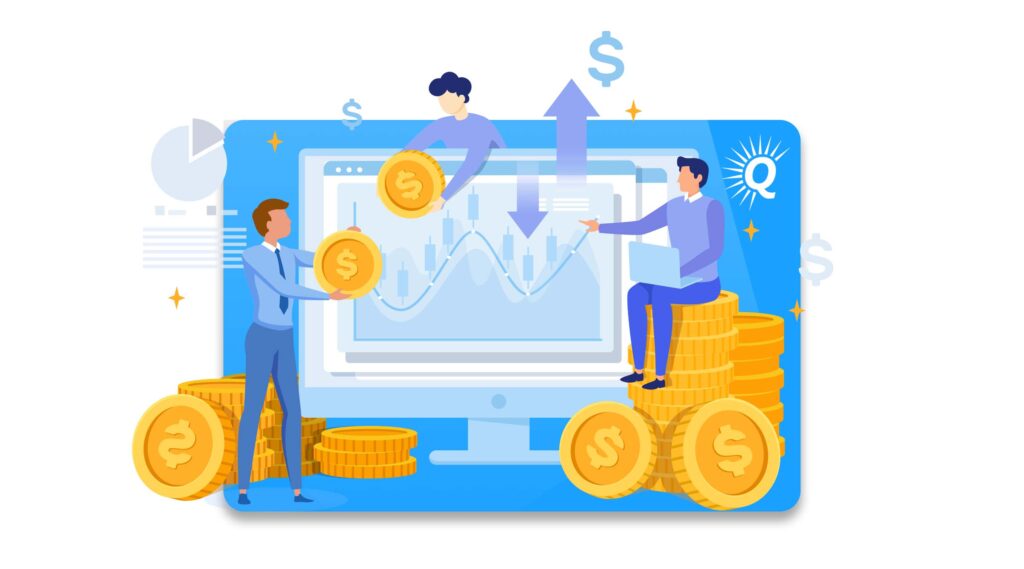

What to Know about Financing Your Blog Acquisition
At this point, you may be wondering, “How much does it cost to buy a blog?” Prices vary, from tens of thousands of dollars to multi-million dollar deals. Additionally, there are a range of ways to fund the purchase of a blog business. Understanding the financing options available to you is an important part of preparing to buy your first blog.
Common financing options include:
- Personal savings
- Personal networks
- Owner financing
- SBA loans or other business loans
Personal savings
If available, using your personal savings to fund the purchase of a blog can have several advantages. For starters, it removes the need to seek outside funding options, keeping the process simple. By having the money in hand when you go to make an offer, there are fewer steps to go through. This helps to increase peace of mind and create a smoother process.
Additionally, using your savings can be a less expensive option than borrowing money. Once you take over ownership of the blog, you won’t have to make loan payments. In addition, you won’t have to pay back interest on a loan, reducing your overall purchasing costs.
Of course, not everyone has enough personal savings to purchase a blog. If you don’t have a chunk of money lying around to invest, there are other options available to you.
Personal networks
Many individuals utilize their network to secure funding to purchase a blog. By speaking with friends, family, and colleagues, you may be able to borrow money from your network in order to fund the purchase.
Some of these loans may come with certain expectations, such as a repayment date and interest. Some contacts may offer them without many stipulations; they may loan you the money simply out of a desire to see you succeed at something you are passionate about.
Again, not everyone has access to a network that is able or willing to loan money for the purpose of buying a business. In this case, there are several other financing methods you can use.
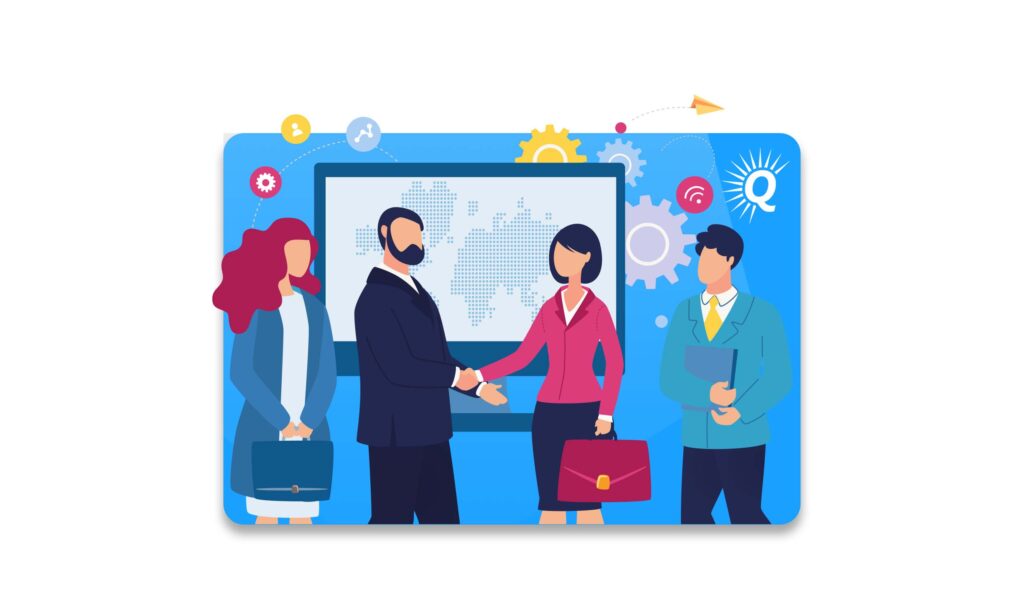

Owner financing
Owner financing involves the buyer making a down payment on the agreed-upon price of the blog and then paying off the remainder of the balance over time with installment payments. Essentially, the blog owner is foregoing receiving the full sale price up front in exchange for a promise from the buyer to repay them over time. Repayment terms may include interest on the unpaid amount.
As you can imagine, owner financing is not very popular among sellers. The business owners run the risk of not receiving payment if the blog goes under or the buyer flakes on their commitments. This could then lead to costly legal disputes.
As a buyer, however, this can be a great option for purchasing a blog when you don’t have enough money to buy it outright with one lump-sum payment. The income from the business can be used to pay off the balance over time.
Some sellers will agree to owner financing if they don’t have any better options available. Ultimately, whether or not owner financing is an option depends on the outcome of negotiations between you and the seller.
For example, if the blog niche they occupy is quite unique, it may be difficult to find a buyer with the expertise or knowledge required to successfully run a blog within that niche. Fewer potential buyers translates into less leverage for the seller. If you do have the required knowledge or expertise for the blog’s niche, you may be able to negotiate owner-financing terms with the seller.
SBA loans or other business loans
If owner financing is not available, it may be possible to secure financing from established lending institutions. SBA, or Small Business Administration, loans are a great way to fund the purchase of an online business.
These loans are backed by the Small Business Administration, giving the lender added security. When considering approval for SBA loans, lending institutions look at three main criteria:
- Can the business repay the loan?
- Are you qualified to run the business?
- Is the deal structure correct?
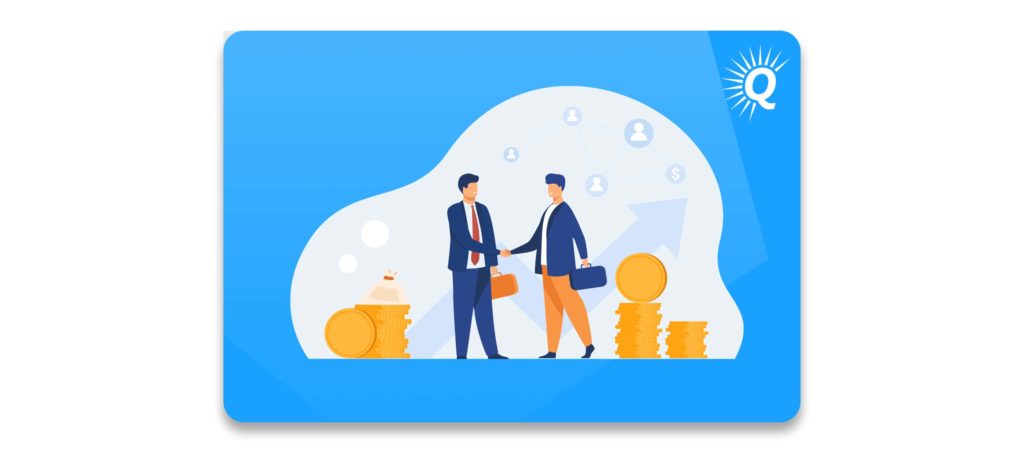

Most SBA loan applications are processed in 45–120 days. This timeline can delay the purchasing process, however, which may deter certain sellers. For example, if a seller has two offers of equal value—one an all-cash offer and one requiring the approval of an SBA loan—they may be more likely to go with the all-cash offer.
Even so, for those who don’t have any other financing options, SBA loans are a great way to purchase a blog in order to break into the online business space.
“SBA, or Small Business Administration, loans are a great way to fund the purchase of an online business.”
Why Blogs Are Attractive Business Models
Blogs are an attractive business model they:
- Have high income potential
- Allow for a flexible work schedule
- Can generate passive income
High income potential
Blogs and content sites have the potential to generate significant revenue. Given the relatively low overhead costs of running a blog, much of this revenue turns into profit. While they can take some time to gain traction, a blog business can be a highly profitable endeavor. Revenue streams include affiliate marketing, ads, selling products, and many more.
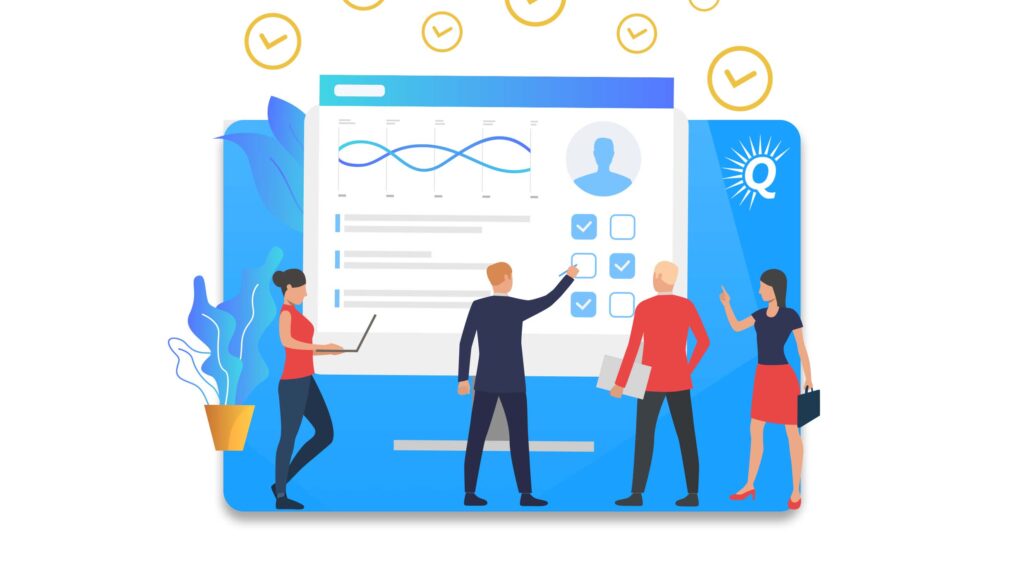

Flexibility
Running a blog also allows for a very flexible work schedule. You can run your blog from your laptop anywhere you have an internet connection. This allows you to work from a place of your choosing. In addition, much of the work, such as creating new posts, checking your latest Google Analytics information, or managing your team, can be done on your preferred schedule.
Passive income
Running a blog can be a fairly passive endeavor if set up correctly. Once your blog has successful posts, these pages can continue to generate visitors and revenue years into the future.
In addition, you can simplify the content-creation process by hiring teams and shifting much of the work off your plate. For example, you may consider hiring a freelance writer or a team of writers to handle creating high-quality content. This can free you up to have more time to invest in other projects or spend with the important people in your life.
“You can run your blog from your laptop anywhere you have an internet connection.”
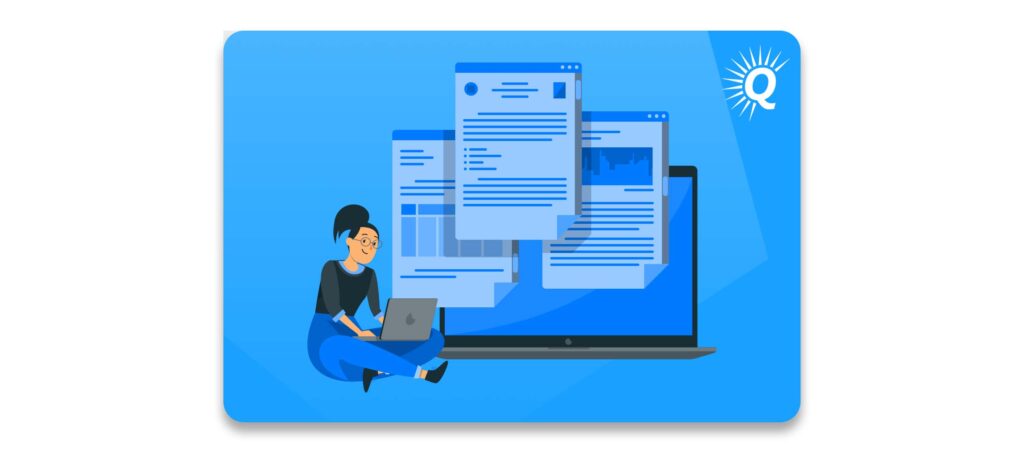

The Advantages of Buying a Blog vs Starting One from Scratch
Many people starting their blogging journey wonder whether they should start a blog from scratch or buy an already-established one. There are several things to consider when making this decision.
Starting a blog from scratch
Starting a blog from scratch can be relatively inexpensive. This removes the necessity of securing the resources needed to purchase a blog. In addition, when you start a blog from scratch you have full control over its subject matter, approach, and creative direction.
On the other hand, getting a blog off the ground takes a lot of time and hard work. Creating quality content, establishing related social media channels, conducting SEO research, and establishing backlinks can be an exhausting process, one that some may prefer to avoid.
“When you buy a blog, you immediately gain an established audience, customer base, marketing strategy, and income streams.”
Buying a blog
Buying an established blog, on the other hand, can shortcut the time and energy required to get a new blog off the ground. When you buy a blog, you immediately gain an established audience, customer base, marketing strategy, and income streams. This can save you valuable time and energy and allow you to turn a profit from the start.
As with purchasing any small business, however, you must have a budget to buy a blog. Whether that comes from your personal savings, network, or a business loan, you must have the means necessary to fund your purchase.
Get a free, individually-tailored valuation and business-readiness assessment. Sell when you're ready. Not a minute before.Thinking of Selling Your Business?





